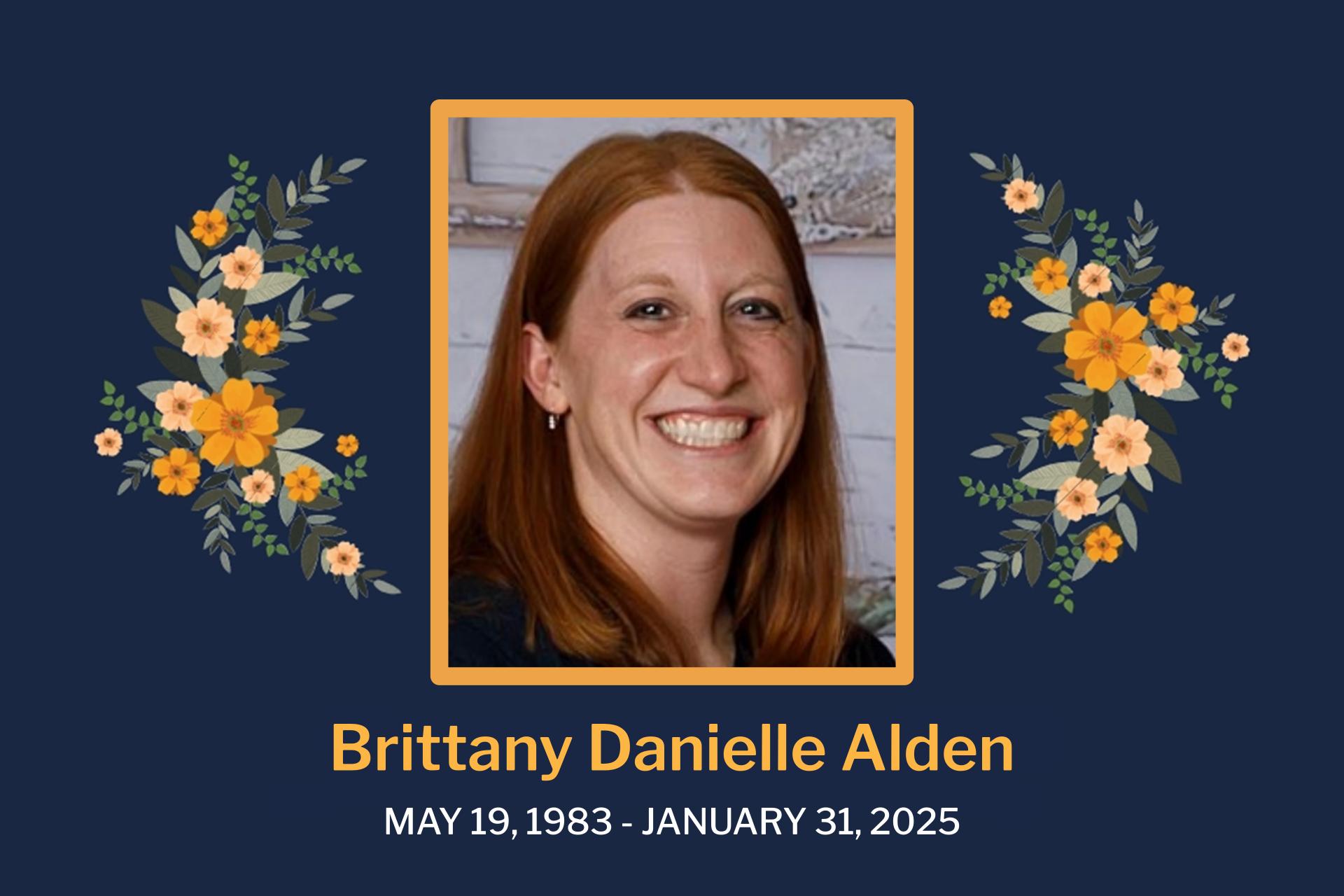People have been driving under the influence of alcohol since before the first person crank-started a Ford Model T. But CBD oil didn’t become a concern until years after people began driving the Tesla Model X.
The widespread use of CBD oil is so new that scientists don’t yet understand all of the ways it affects drivers. Toni Marie Rudisill — a researcher with the West Virginia University School of Public Health—is recruiting participants for a new study into whether and how CBD oil impairs driving ability.
“We don’t really know much about CBD,” said Rudisill, a research assistant professor in the Department of Epidemiology and Biostatistics. “There’s not a whole lot of research on it. But there were all these anecdotal reports of people using it to help them sleep or help them relax. And as an injury epidemiologist, my first thought was, ‘OK, then: if it’s making you tired, how does that impact your performance or make you more prone to injuries?’”
The study — funded by the West Virginia Clinical and Translational Science Institute — will involve 40 participants. Half will be given 300 mg of pure CBD oil; the other half will receive a placebo. Because the study is “double blind,” neither the participants nor the researchers will know who has received the real or placebo doses.
“We flavor the doses with peppermint oil to mask the difference in taste between the CBD oil and the placebo,” Rudisill said. “That way, people don’t know what they’ve gotten.”
After taking their assigned dose, participants will complete a driving simulation that takes about half an hour.
“The driving simulator doesn’t look impressive — it looks like a regular old computer game — but it’s amazing what it captures on the back end,” Rudisill said.
For example, the simulator can show how often a participant drifts out of their lane, whether they use turn signals appropriately and whether they stop at stoplights. If a participant is waiting to turn left at an intersection, it can reveal whether they properly judge the speed and distance of oncoming cars. If a pedestrian darts into the road, it can identify whether the participant brakes in time.
“What makes the simulator really great is that it provides a safe environment for people to drive in and where we can still assess performance,” Rudisill said.
She and her colleagues will measure the participants’ driving performance and compare it between the two groups.
In addition, the researchers will assess the participants’ mood, drowsiness, sedation, reaction time and cognitive function at two points: before taking the CBD oil or placebo, and after finishing the driving simulation.
“We’re looking to see if their mood changes. Do they feel more tired? Will we see any cognitive changes that are maybe due to drowsiness?” Rudisill said. “We’re interested to see how those variables relate to the driving measures. We drive every day, but driving is a complex task, right? Every single sense is involved.”
CBD oil and related products have proliferated the marketplace because the 2018 Farm Bill removed hemp from the definition of marijuana under the Controlled Substances Act.
“Now it’s everywhere,” Rudisill said. “If you really stop and look when you go to the grocery store, you’ll see so many CBD or hemp-infused products. Food products, animal products—you name it. It’s in everything. But we really don’t know a whole lot about it yet.”
Studies like hers are important because CBD sales probably won’t let off of the gas pedal anytime soon. For example, MarketWatch — published by Dow Jones & Co. — predicts that the global CBD market will experience a compound annual growth rate of 33.5% from 2021 through 2026.
“The CBD oil that’s available over the counter — like every other nutraceutical out there — isn’t regulated by the FDA,” Rudisill said. “There’s not a whole lot of research out there about whether it really works or doesn’t. Who knows what the dosage is or if it does anything? Who knows what dose you should use? People like me who have an interest in this have to see what it does to us.”
Rudisill is actively recruiting participants for her study. Potential applicants should contact the study’s coordinator, Cynthia Fisher-Duda, at cynthia.fisherduda@hsc.wvu.edu or 304-581-1923.
Research reported in this publication was supported by the West Virginia Clinical and Translational Science Institute. WVCTSI is funded by an IDeA Clinical and Translational grant from the National Institute of General Medical Sciences, under Award Number U54GM104942, to support the mission of building clinical and translational research infrastructure and capacity to impact health disparities in West Virginia. The content is solely the responsibility of the authors and does not necessarily represent the official views of NIH or CTSI.


















